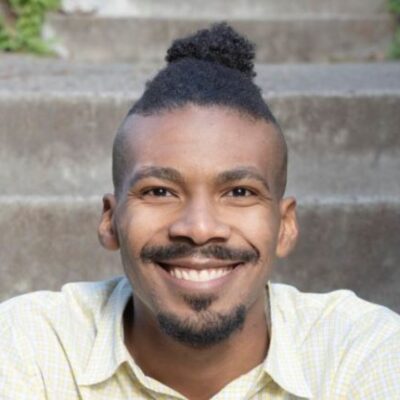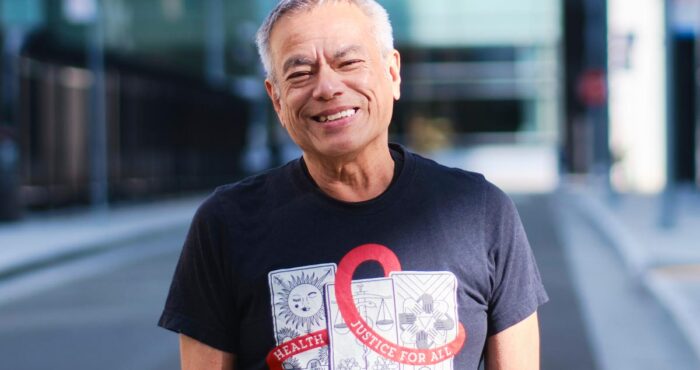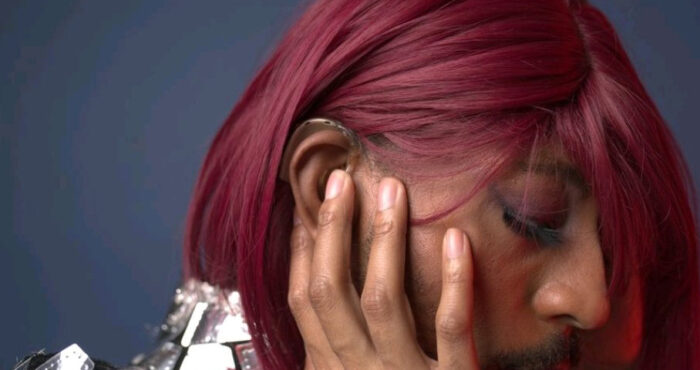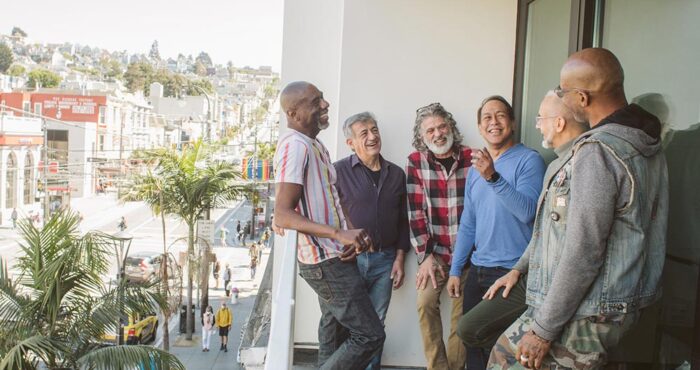Shirley Chisholm’s Legacy: Timeless Blueprints for Challenging the Status Quo
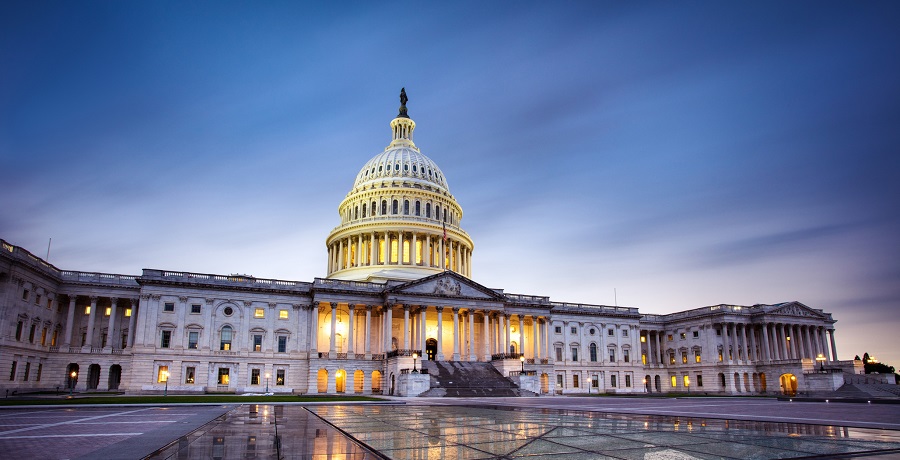
With crisp diction that cut through the noise of the political arena, Shirley Chisolm was the embodiment of a no-nonsense West Indian church lady—fierce and formidable.
As the first Black woman elected to Congress, and the first woman to seek the Democratic Party’s presidential nomination, Chisholm paved an unprecedented path through the thicket of America’s political landscape—dominated by white men—and challenged the norms of her time.
Shirley Chisholm’s legacy has dimmed over time, partly as a consequence of her independent path and her gender, which led to her work being overshadowed within the Congressional Black Caucus and the predominantly male-led Civil Rights Movement, steered by socially conservative Southern Baptist ministers. Her individualistic approach and her identity as a woman placed her on the periphery of these groups. Chisholm noted in 1982 with characteristic forthrightness, “When I ran for Congress, when I ran for president, I met more discrimination as a woman than for being Black. Men are men.”
Netflix’s Shirley, starring Regina King, stands to refine and polish Shirely Chisolm’s name on the mantle of our nation’s greatest Civil Rights leaders.
Chisholm clearly was ahead of her time, often speaking more like Bernie Sanders today or a member of the Squad. Her language was rooted in a profound understanding of intersectionality long before the term became a part of the modern lexicon many of us now understand. She recognized the compounded discrimination faced by individuals at the intersection of race, gender, and class. Her fight for equality and justice was inclusive, advocating for the rights of women, people of color, the poor, and the disenfranchised.
There’s so much to learn from Chisolm, especially how she engaged with people she didn’t agree with. “Segregation now, segregation tomorrow, and segregation forever,” are enduring words from an antagonizing character of Chisolm’s time — George Wallace. But when her political opponent was laid up in a hospital bed following an assanation attempt in 1972, Chisolm prayed over him, offering him comfort and bringing him to tears.
Yet, Chisholm’s earnest gesture seemed to be a turning point in George Wallace’s life. Starting in 1979, Wallace embarked on a journey of public contrition, reaching out to the Black community of Alabama for reconciliation. In a poignant moment at a 1982 Southern Christian Leadership Conference gathering, he expressed remorse for his past stance on segregation, stating, “I did stand, with a majority of white people, for the separation of the schools. But that was wrong, and that will never come back again.” Earlier, in a notable divergence from his Southern peers in 1974, Wallace was among the few to support Chisholm’s legislative effort to extend the minimum wage protections to domestic workers, casting his vote in favor of her bill.
Could the relationship between someone like Chisolm and someone like Wallace take place today? I would assert that it would be rare, and feels really out of reach. The question alone is provoking and begins to illustrate how studying Chisolm’s approach to changemaking can be quite contemplative.
Chisholm’s capacity to engage with someone like Wallace, who once embodied the very systems of oppression she fought against, offers a powerful meditation on the nature of change, forgiveness, and the potential for unity in the pursuit of social justice. It compels us to consider the transformative possibilities that arise when we prioritize progress over partisanship, and human dignity over historical division.
As an AIDS-serving organization, there’s a clear throughline to our work and Shirley Chisolm’s legacy. Our mission at San Francisco AIDS Foundation is rooted in advocacy and support for those often neglected by the healthcare system and society at large. Chisholm’s pioneering spirit and her insistence on equity and representation inspire our efforts to combat stigma, provide compassionate care, and push for inclusive policies that ensure everyone, regardless of their status, has a seat at the table of health and wellbeing.
Chisholm’s legacy is a call to action for us and change makers everywhere—a reminder that inaction and complacency have no place in the quest for a just society. It urges today’s leaders to be unafraid, to be vocal, and to be relentless in their pursuit of a world where inequity is not tolerated, and equally important is that leaders can’t be afraid to love amidst it all.






